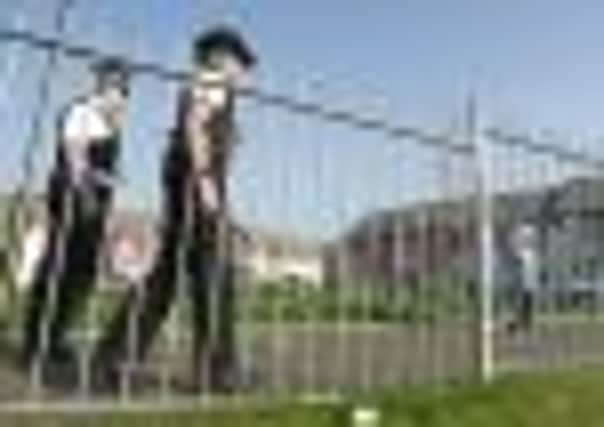Jane Devine: Police should protect us all equally


Until now hate crimes have been restricted to those provoked by race, religion, disability, sexual orientation or transgender identity.
Last week, however, Greater Manchester Police decided to add to their list of hate crimes by beginning to record crimes against groups referred to collectively as “sub-cultures”: including goths, emos, punks and metallers. They claim this will raise the profile of hate crime against these groups, thereby offering them more protection and reducing discrimination.
Advertisement
Hide AdAdvertisement
Hide AdThere are two issues with this course of action: first, it is unlikely to work and secondly it is likely to increase discrimination, not decrease it?
One reason it is unlikely to work is that highlighting the victimisation of these groups of people will not be easy. It would be naive to think that everyone who dyes their hair pink, has a pierced lip or a wears black eyeliner is a goth and everyone who doesn’t isn’t? One person blogging on the issue commented, “I have long hair and like metal music, but have no facial piercings. Am I ‘metal’ enough to be protected?”.
The answer is yes: if someone claims to be a metaller and believes they were the victim of crime because of that, it will be recorded in Manchester as a hate crime. That, if anything, dilutes the impact. The idea is surely that when perpetrators see a punk or an emo they know this is a persecuted and protected group, but if that isn’t obvious, how can it work and what protection will it really offer?
What it will do is create two groups of people who are treated differently by the legal system. Sub-culture victims of hate crime are not entitled to any greater protection in law (these crimes won’t, for example, attract higher custodial sentences), but they will get special treatment: better access to victim and prosecution support and additional investigation techniques will be used to solve their cases.
The police are, in effect, adding another group of people to the list of those that it is worse to assault, worse to abuse and worse to murder. Will they add more groups: women perhaps, or people with red hair?
This is the real danger: if we begin to categorise every person who believes they are persecuted by others in society because of the way they look or choose to live their life, not only is it difficult to implement, but who are we left with? We are left with a diminishing group of less worthy victims. People who don’t get the equal support and treatment if they are assaulted or abused or their family member murdered. That’s actually creating discrimination, not reducing it.
The law isn’t there to raise awareness. It’s there to protect people – all people, equally.